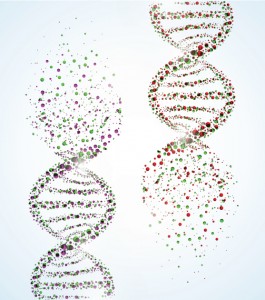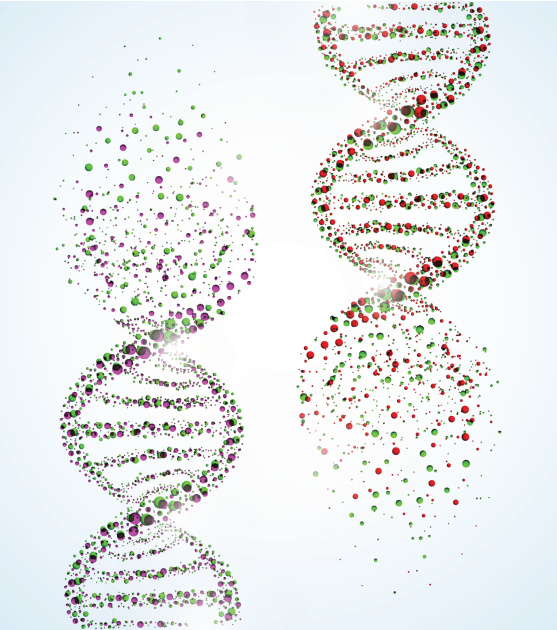
Science Program Director at American Public University
Are we alone in the universe?
Why are we having trouble controlling Ebola?
What is the biological advantage to consciousness?
Why does a bike stay upright when you ride it?
How many people can the Earth support?
How does the Earth’s interior work?
All of these questions and many more remain unanswered by science. The process of science is changing, but it is still driven by curiosity. Scientific experimentation is moving toward automation and digital data collection, with the human role focusing on experimental design, collaboration, analysis, and interpretation. Science education has been slow to adapt to the new way of doing science.
Science is a classic educational field at universities across the world. Due to its great value in multiple disciplines, it’s important to have accessible programs, both online and on ground.
For example, American Public University (APU) has recently unveiled a new bachelor’s in natural sciences. This unique program provides a solid backing in mathematics and basic science, focusing on statistics, calculus, biology, physics, chemistry, and physical geography. The program also includes courses in scientific writing and in the history and philosophy of science. Concentrations in either biology, or earth science are available, with exciting courses focusing on topics like genetics, evolution, birds, molecules, plants, rocks, streams, and soils.
When most people think of science, they might think of a traditional laboratory with beakers, test tubes, and instruments. That sort of setup may seem impossible in a completely online degree program. Even online, we can teach science as an exciting hands-on experience.
Here’s how we handle it at APU: Most of our lab courses have multiple components. For example, our General Chemistry labs have a virtual portion set up like a video game; students are able to virtually walk into the lab, put on goggles, take instruments off the shelf, and generally do all the things done in a traditional lab. There is also a hands-on kit shipped directly to students that includes chemicals, glassware, safety equipment, and basic instruments. Students also receive a fully digital instrument suite that looks like a big iPhone and has wireless and GPS capabilities, is waterproof, and will log data. Instruments simply plug into it, and students can read data right off of the screen, log it into a laptop, or send it wirelessly to an iPad or phone.
The role of the scientist is moving toward ensuring quality data by designing quality experiments. Additionally, collaboration, analysis, and interpretation are very important. These are all skills that are emphasized in the new Natural Sciences degree program at APU through collaboration with faculty and student colleagues at a distance using tools like Skype, Google Drive, and other tools that connect people online.
Scientists can more easily collaborate with colleagues all over the world through virtual mediums. Science can be hard, but it is also great fun. It’s the one field where you can go where your curiosity leads you.
About the Author
Dr. Danny Welsch is a Professor and Program Director for Science at APUS. His background is in Environmental Science, with a focus on hydrology and biogeochemistry.

Comments are closed.